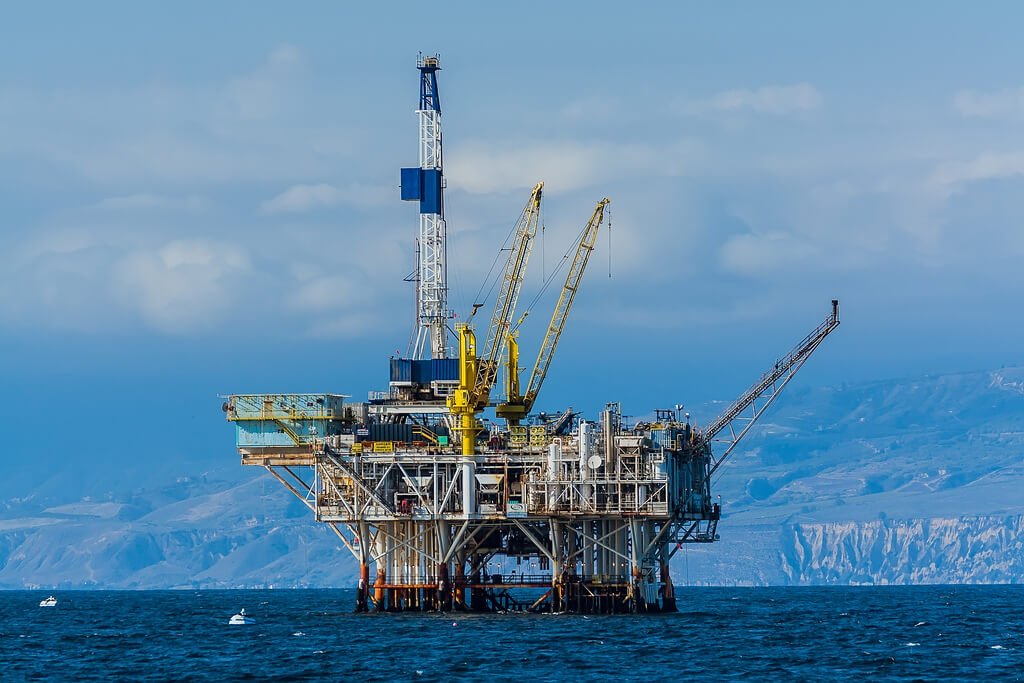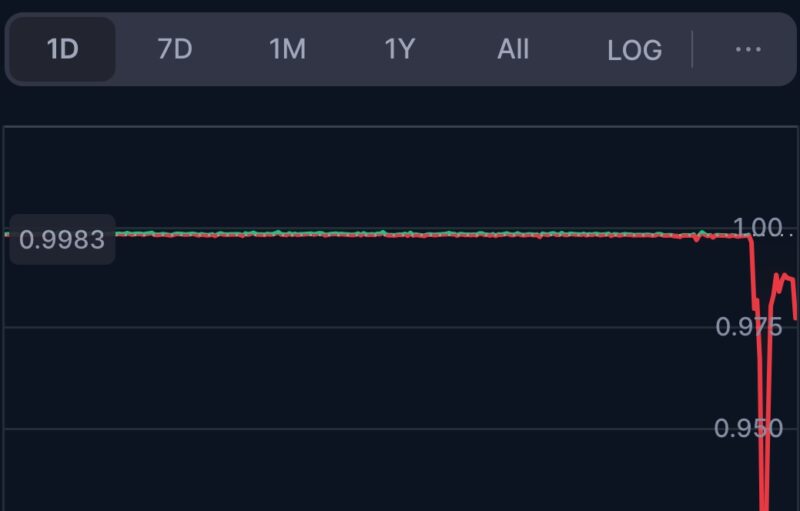
Blockchain technology is gaining ground in the global energy sector. Following the success of Vakkt, the world’s first energy blockchain, China’s Sinochem and strategic partners are looking into the development of energy blockchain as well.
A subsidiary of Chinese State Oil Group Sinochem, Royal Dutch Shell, and Macquarie Group are set to build a blockchain for crude oil trading. Citing three industry sources who are based in Beijing, Reuters reports that this follows the signing of an MOU in July between Shell and Macquarie to Build an energy-based blockchain platform.
The incubator unit that will handle the project has been identified as having “great potential”. The Blockchain project referred to as “Gateway” has an initial valuation of 100 Million Yuan ($14.10 million).
A Breather for Sinochem’s Technology Unit
Should all go well, this project will bolster Sinochem’s technology unit which has been posting significant losses since its inception. According to one of the sources:
“Sinochem group has set an internal deadline for the technology firm to bring in strategic investors by the end of September, or the latest October, because the firm is in deep loss.”
Created in August 2017 with registered capital of 1 Billion Yuan, the technology unit was created to create solutions that will smoothen Sinochem’s planned privatization of its regular energy businesses. Over 600 Million Yuan is said to have been invested in the said unit.
Oil Heavyweights Go Big on Blockchain Technology
There are reports that Sinochem Group is already holding discussions with PetroChina Co. and COSCO Shipping Energy Transportation Co Ltd, a unit of COSCO Shipping in order to invest in Gateway. This indicates that Sinochem Group is extremely interested in keeping ahead of the curve as regards new technologies.
Several major oil industry heavyweights have also invested in blockchain projects in what appears to be the beginning of an industry trend. Royal Dutch Shell, British Petroleum (BP) and a group of oil giants (including Norway’s Equinor, Mercuria Energy Group, Koch Supply and Trading, and Gunvor) last year invested in a blockchain project that fully automated their post-trading activities.
The project called Vakkt is now hailed as the World’s first energy blockchain platform. Operating independently of the members of the consortium that implemented the project, Vakkt has been considered a huge success.
Blockchain projects backed by real assets such as real estate, gold or crude oil tend to do well in their respective sectors. This happens because the blockchain implemented in each situation interprets the processes and procedures that formerly existed on the ground in a transparent way and manner.
Blockchain technology now improves upon these processes to further increase transparency, reduce cost and eliminate waste in terms of resources. It further serves to increase the value of the assets as operational costs in delivering and maintenance of such assets on the ground drop significantly.
Two years ago, Jaguar and Shell implemented app payments for fuel directly from cars that have the shell app installed. Drivers can now pay without having to leave their cars. If such payments become handled on an independent blockchain, supply stations will be able to see in real-time how much is being made.
The logistics supply chain will become seamless and there won’t be the need for transaction and delivery confirmation of products.
The post appeared first on CoinSpeaker






